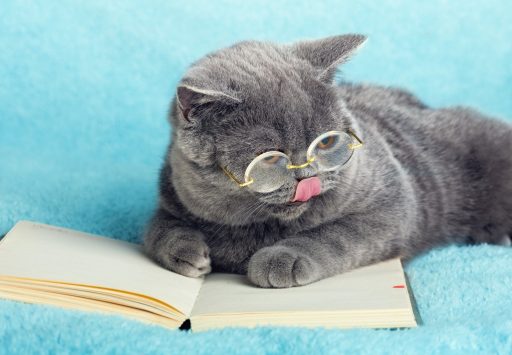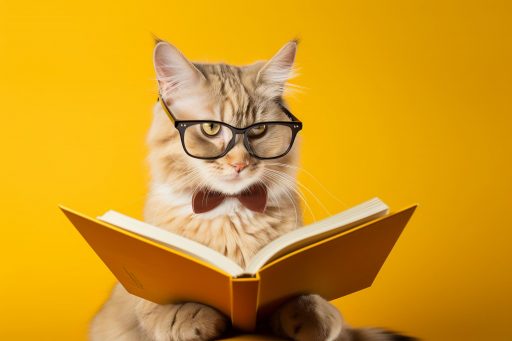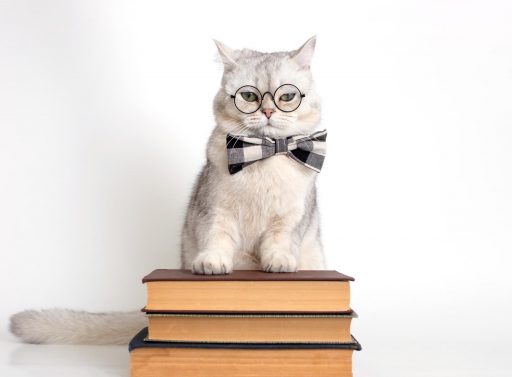
I’m thrilled to share some exciting news! In addition to monthly memberships, Poetry4kids now offers lifetime memberships—a one-time contribution of $99 that gives you VIP access on the site, forever.
When I first created Poetry4kids 30 years ago, my goal was simple: to help kids fall in love with reading through laughter and language. Over the years, the site has grown to include more than a thousand funny poems, dozens of writing lessons, hundreds of activity worksheets, and loads of teacher resources, all designed to make poetry fun and accessible for children and educators everywhere. Your support as a member helps me keep creating new poems, producing educational content, and maintaining the website so kids (and teachers) can keep enjoying it for free.
Until now, memberships have been available on a monthly basis, with levels ranging from $1/month to $25/month. These memberships unlock access to premium pages (including poems by reading level and poetic techniques), student activity worksheets, free ebooks, and other exclusive goodies. But I know that not everyone wants another monthly subscription to keep track of, so I’ve added a Lifetime Membership option for those who’d rather make a single, lasting contribution.
As a lifetime member, you’ll receive everything offered in the Fan, Cheerleader, and Booster levels, including:










